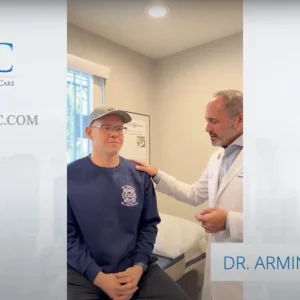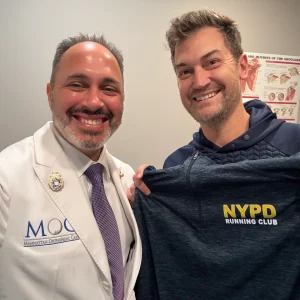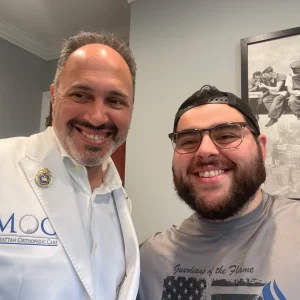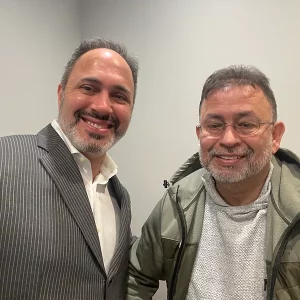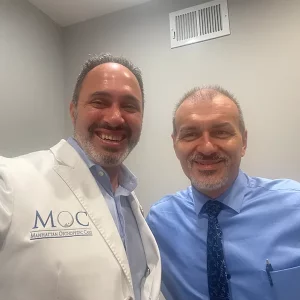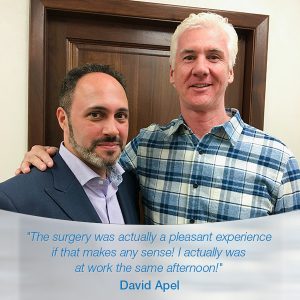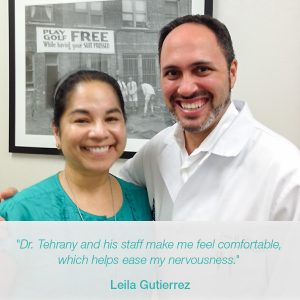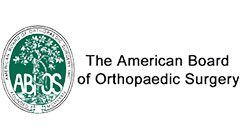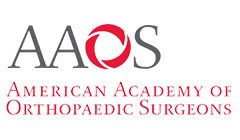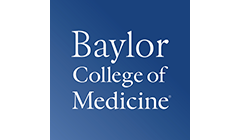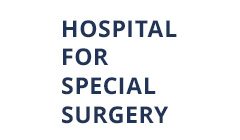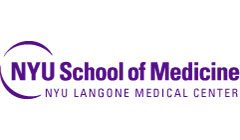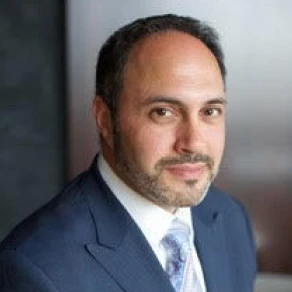Can computers give medical opinions?
Can a computer give a better diagnosis than a professional doctor? Well, maybe not if you are a diagnostic genius, but more often technology can add to the knowledge and improve the expertise, and deliver a proper diagnosis. As the New York Times wrote “While computers are good at crunching numbers, people are naturally good at matching patterns. To make a decision, physicians must combine logic and knowledge with their pattern-matching instincts.”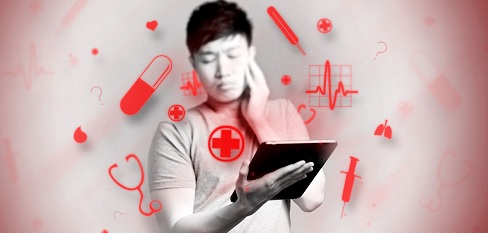
(Image courtesy of Lifehacker.com)
But, according to the Institute of Medicine, diagnostic mistakes account for about 15 percent of errors that result in harm to patients. To be honest, whatever the percentage is, it is a reason why more doctors are regarding diagnostic software as a solution, or even as a second opinion.“It is a fascinating article reminding us that artificial intelligence continues to improve our lives. Of course, the computer should serve to enhance a professional medical opinion, not substitute or become a convenient second opinion.”, said Dr. Armin Tehrany, one of the best orthopedic surgeons in New York and leading orthopedic doctor at Manhattan Orthopedic Care. “Remember… medicine is an art, not a science. Patients are not computers, but human beings that need for a special connection to be forged with them… one that requires time, patience, sensitivity, truthfulness, and compassion”.The art of medicine is collecting insight before the final diagnosis. Although computers can analyze thousands of textbooks every second, while doctors read for 5 hours of medical literature each month, as Dr. Martin Kohn, chief medical scientist for IBM says, we still need to be careful to not rely completely on the machine. As he put it, computers for healthcare are intended to be “neither omniscient nor omnipotent”.















